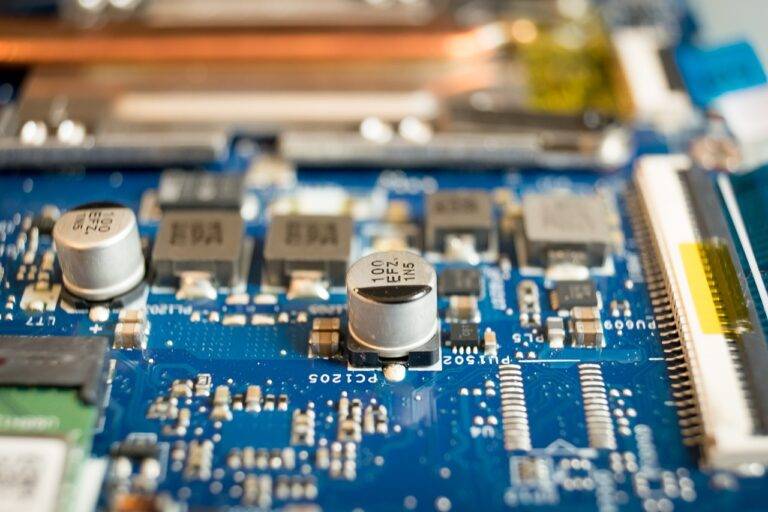The Influence of Tech on Sustainable Transportation: Public Transit Optimization and Electrification
The integration of technology in sustainable transportation has significantly revolutionized the way we commute and transport goods. From the emergence of electric vehicles to the implementation of smart transportation systems, technology has played a pivotal role in reducing carbon emissions and promoting environmentally-friendly modes of transportation. These advancements not only contribute to a cleaner environment but also address the pressing issue of climate change by promoting energy-efficient transport solutions.
Moreover, the use of data analytics and artificial intelligence in transportation management has led to improved traffic flow and reduced congestion on roads. Real-time monitoring of traffic patterns, intelligent signal control systems, and predictive modeling have enhanced the overall efficiency of transportation networks. These technological innovations not only optimize the use of infrastructure but also enhance the overall commuting experience for individuals, making sustainable transportation a viable and attractive option for both urban and rural areas.
Efficiency in Public Transit Systems
Public transit systems across the world are continually striving for greater efficiency. One key aspect that contributes to efficiency is the optimization of routes and schedules. By carefully analyzing data on passenger volume and traffic patterns, transit agencies can tailor their services to meet the demand effectively. This strategic planning ensures that resources are allocated efficiently, reducing unnecessary energy consumption and emissions.
Another critical factor in enhancing the efficiency of public transit systems is the integration of cutting-edge technology. Real-time tracking systems enable operators to monitor fleet movements and adjust routes dynamically in response to changing conditions. By harnessing the power of technology, transit agencies can minimize delays, improve access for commuters, and maximize the overall operational efficiency of the system.
Advancements in Electrification of Vehicles
Electric vehicles have been experiencing significant advancements in recent years, leading to a surge in their popularity and adoption. Manufacturers are investing heavily in research and development to improve battery technology, range, and charging infrastructure. As a result, electric cars are becoming more accessible to the general public, contributing to a greener and more sustainable future for transportation.
Furthermore, the electrification of vehicles is not limited to cars but extends to buses, trucks, and even airplanes. Companies are exploring ways to electrify different modes of transportation to reduce carbon emissions and dependency on fossil fuels. With continued innovations and investments in this sector, the electrification of vehicles is poised to revolutionize the way we travel and significantly impact the environment for the better.





